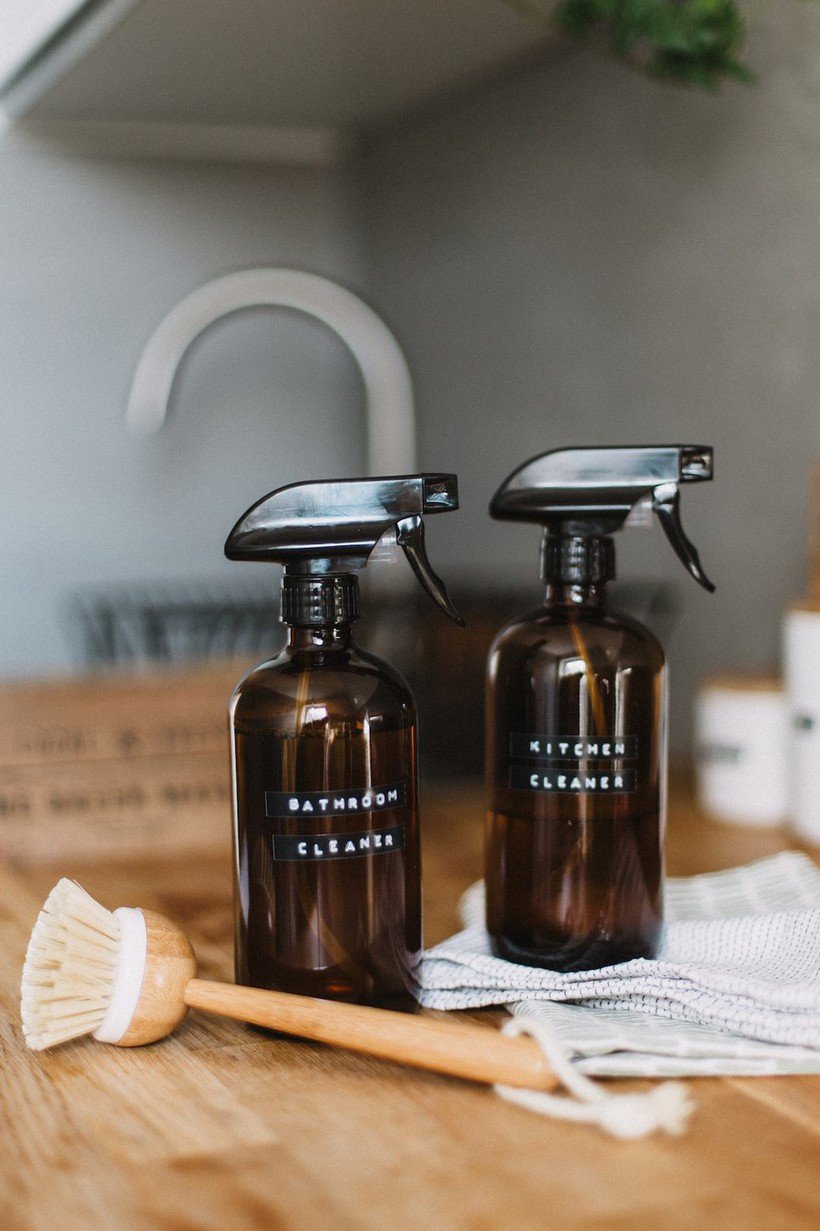Home Camera Lighting and Flashes Camera Filters Camera Batteries and Chargers Memory Cards and Storage
How to Properly Clean Your Camera's Sensor Using Cleaning Swabs
Category : Camera Cleaning and Maintenance | Sub Category : Sensor Cleaning Swabs Posted on 2023-07-07 21:24:53

How to Properly Clean Your Camera's Sensor Using Cleaning Swabs
Introduction:
We all know how important it is to maintain our camera equipment. Dust and debris can affect image quality, so keeping the sensor clean is an essential aspect of camera maintenance. We will show you how to use sensor cleaning swabs to clean your camera's sensor and achieve pristine image results.
1 Cleaning your camera's sensor is important.
A clean sensor is important for getting clear images. Spotting and blemishing can appear in your photos, if Dust particles accumulate on the sensor. The quality of your images can be affected by sensor issues.
2 Understanding Sensor Cleaning Swabs is important.
Cleaning tools for removing dirt, smudges, and dust from camera sensors are designed by Sensor cleaning swabs. The non-shedding material of these swabs ensures that they do not leave any residuals on the sensor surface.
3 The necessary tools are gathered.
Before you start cleaning your camera's sensor, you should gather the following tools.
The sensor cleaning swabs are suitable for your camera.
A blower bulb or air blower is needed to remove debris.
The mirror needs a camera battery to keep it locked up.
4 Preparing for cleaning.
Ensure you are working in a clean environment. Remove the lens and expose the sensor. The air blower or bulb can be used to blow away particles from the sensor's surface.
5 Sensor cleaning swabs are being used.
A The type of sensor cleaning swab and the appropriate size are important.
A. The tip of the packet should not be touched by the gripped end of the packet.
c. Carefully but firmly move the swab across the sensor's surface. Use a wiping motion only if it is necessary to damage the sensor.
D. After a single single use, use the opposite side of the swab to move in the opposite direction.
E. If the previous swab becomes dirty, use a new one.
F. It is never a good idea to reuse a swab as it may introduce contaminants to the sensor.
6 Final steps
After cleaning the sensor, you can turn on the camera. Take a test shot and check it for any remaining spots. If necessary, repeat the cleaning process.
7 Additional tips are available.
It's best to clean your camera's sensor when you need it, rather than on a fixed schedule.
The risk of accidental damage is increased by the frequent cleaning of the sensor.
If you are unsure about cleaning the sensor, you should seek professional assistance.
Conclusion
Cleaning your camera's sensor can be done with the right tools and techniques. Regular maintenance helps you achieve optimal image quality and reduces the amount of post-processing work required. By following the steps outlined in this post, you can use sensor cleaning swabs to keep your camera's sensor pristine and capture stunning, spot-free photographs.
Leave a Comment:
SEARCH
Recent News
- Zurich, Switzerland is known for its vibrant arts and culture scene, and its theater offerings are no exception. The city is home to a variety of theaters that cater to different tastes and preferences, making it a great destination for theater enthusiasts.
- Zurich, the largest city in Switzerland, is known for its stunning beauty, historic charm, and vibrant culture. From its picturesque old town to its modern architecture, Zurich is a photographer's paradise. Here are some breathtaking Zurich, Switzerland pictures that showcase the city's unique charm.
- Zurich, Switzerland is a beautiful city that offers a plethora of photographic opportunities for both amateur and professional photographers. From stunning architecture to scenic landscapes, Zurich has something to offer for every photography enthusiast.
- Zurich, Switzerland, is a vibrant city known for its stunning architecture, picturesque landscapes, and thriving cultural scene. In recent years, the city has also become a hub for film production, attracting filmmakers from around the world. Interestingly, a connection has emerged between Zurich and Paraguay through the medium of film.
- Zurich, Switzerland is well-known for its stunning beauty and picturesque landscapes. Many visitors flock to this bustling city to soak in its rich culture and stunning architecture. One aspect of Zurich that often captivates visitors is its vibrant art scene, with many opportunities to engage in various forms of art and creativity.
- Zurich, Switzerland, and Hungarian History: A Unique Blend of Culture
- Zurich - A Hub for Hungarian Films
- Zurich, Switzerland is a beautiful city known for its stunning views, rich history, and vibrant culture. From the picturesque Old Town with its charming cobblestone streets to the crystal-clear waters of Lake Zurich, this city has a lot to offer both residents and visitors.
READ MORE
1 day ago Category : fmount

Zurich, Switzerland is known for its vibrant arts and culture scene, and its theater offerings are no exception. The city is home to a variety of theaters that cater to different tastes and preferences, making it a great destination for theater enthusiasts.
Read More →1 day ago Category : fmount

Zurich, the largest city in Switzerland, is known for its stunning beauty, historic charm, and vibrant culture. From its picturesque old town to its modern architecture, Zurich is a photographer's paradise. Here are some breathtaking Zurich, Switzerland pictures that showcase the city's unique charm.
Read More →1 day ago Category : fmount

Zurich, Switzerland is a beautiful city that offers a plethora of photographic opportunities for both amateur and professional photographers. From stunning architecture to scenic landscapes, Zurich has something to offer for every photography enthusiast.
Read More →1 day ago Category : fmount
